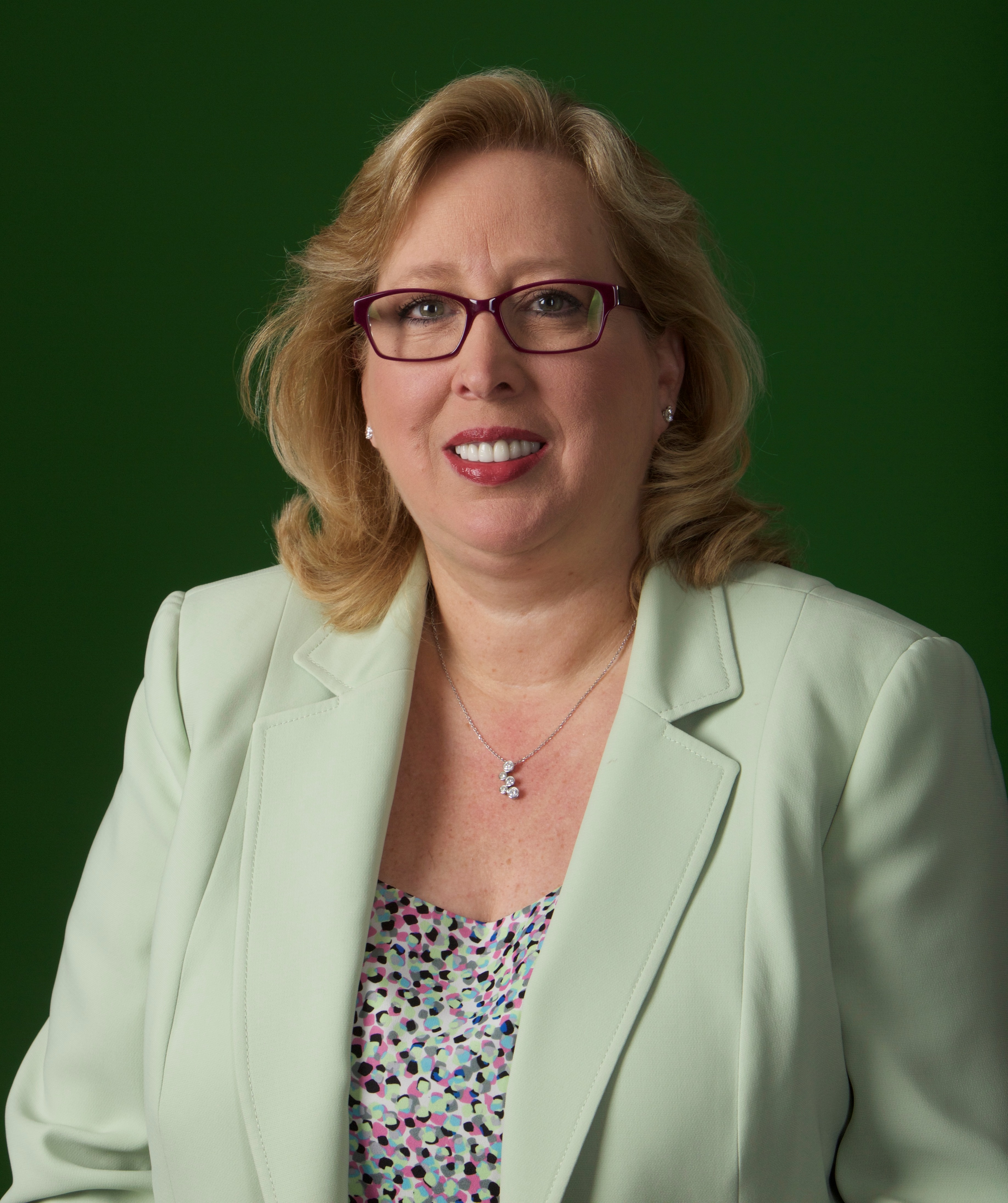Joanne Ryan '92, M.S. '97
A Compassionate Voice in Cancer Care

Nursing was a profession Joanne Ryan was drawn to starting in grade school. Watching her grandmother endure the challenges of heart disease, an affliction that eventually took her life, was monumental in Ryan’s understanding of the impact of nursing. Then as a student at Preston High School in the Bronx, an all-girl’s school, she began to realize that her curious interest in healthcare could lead to a future career. “There was so much opportunity in nursing. It was a field in which you could explore so many different areas of medicine,” Ryan said.
Today, as a medical director at Pfizer in their U.S. Breast Cancer team, Ryan works between two intersecting worlds of medical affairs – bridging the world of research with important support and information for the practitioners providing oncology care. Her responsibility to support the safe and effective use of medicines developed by Pfizer is a key focus of her job. Keeping up with and communicating the research and new tools available in an ever-changing landscape is critical to delivering on that responsibility. “Change truly is the only constant in life, they say,” said Ryan.
Change indeed was what brought her toward her current field – change after an administrative nursing position she had held was eliminated. After 16years working in research and clinical practice, Ryan began to explore ways her experience could make a positive contribution to the pharmaceutical industry. In fact, many of the shifts Ryan experienced throughout her career in nursing moved her to areas of the field she might have never envisioned otherwise. She credits longstanding career resilience in part to the foundation she built in both her bachelor's and master’s degrees earned at Mercy.
Already solidly working in her field when she entered Mercy’s nursing program, she found the program allowed her to expand her experience all while developing as a professional side by side with others who were also balancing fulltime work schedules with their academic responsibilities. “You were studying with people who understood that schedule and that life. That mattered,” said Ryan who explained the intensity of the learning required an environment that was supportive. The sense of collaboration and community was just the experience Ryan says she thrived in. “The faculty set expectations high, but they were willing to work with you. It was a culture of caring and a desire to see us improve and grow as professionals,” said Ryan.
Ryan said her confidence grew after studying at Mercy, and as she delved into more research-based work in her various job roles. Admittedly, Ryan said she did not appreciate education as a young adult as much as she did later in life. As her attitude began to shift about the opportunity available to further her education, so too did her excitement for her work. “I began looking at school through a different lens – feeling my own confidence and shifting my mindset about learning,” said Ryan. She pursued and obtained her PhD at New York University, specializing in research and theory development in nursing. That experience led to opportunities forteaching future nurses – something that she says helped elevate her connection to nursing in a full circle way.
For Ryan, the sensitivity and urgency of the work in the field of oncology care is something she takes very seriously. Her mission remains the same as it was when she was a nurse providing direct-care to patients, to improve outcomes in each daily interaction. This is the focus of her work as she interacts with professional and patient organizations, and with multi-disciplinary care teams across the country. “From the nurse to the social worker to the pharmacist, we need everyone to connect,” said Ryan. It is work that has become even more personal for Ryan following the 2019 cancer diagnosis of her husband. She now understands the maze of challenges faced by patients and families in a different way, as she balances her working life with the role of caregiver. Ryan explains that cancer is not a single disease and emphasizes how everyone has been touched by it in one way or another.
“It affects so many and takes an emotional toll on both patients and families. Now I have one foot in the professional pool and the other in the caregiver pool,” said Ryan, who has now turned her personal experience into ways to help patients and their care providers. The pressures facing nurses and medical practitioners today have only intensified since the pandemic, but Ryan is hopeful that science-focused and compassionate care in cancer still has the power to make the difference.